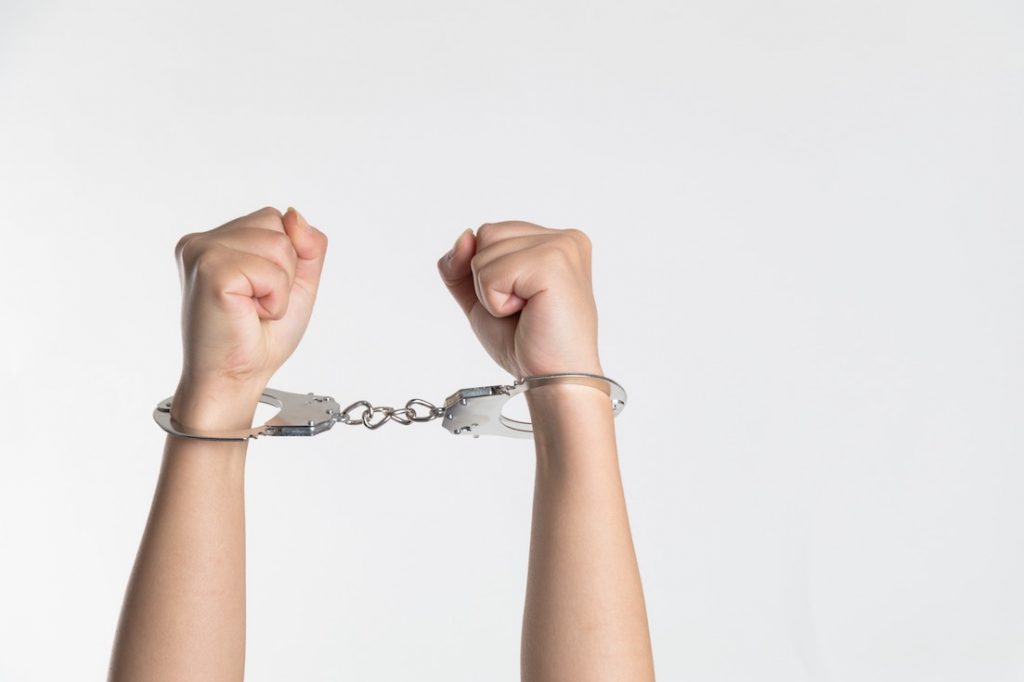I’ve been thinking a lot about what to buy on Amazon Prime Day. It’s a great time of year to get good deals. However, it’s also a big bonanza sale that’s very hyped up. Therefore, it’s easy to get sucked into the indulgence of consumerism. In other words, if I’m not careful, I know that I can end up wasting money on impulse buys over this two-day sale.
That’s why I want to have a plan. If I’m going to do some Amazon Prime Day shopping, then I need to focus ahead of time on what to buy. I need to make a list and some rules. I need to stick to that. If I’m focused then I’ll make the most of this consumer holiday without wasting money.
What is Amazon Prime Day?
Amazon Prime Day is a huge set of deals available on the site for a 48-hour period starting July 15th. However, there are also pre-day deals leading up to the actual sales day. All of these deals are only available to people who are Amazon Prime members.
I actually gave up my own Amazon Prime membership this year. If I want to take advantage of the deals, then I need to sign up again. They do offer a 30-day free membership. However, I’ll have to find out if that deal is available to former members. If not, then I won’t buy anything because I’m not ready to pay for a new annual membership.
What to Buy on Amazon Prime Day
If I’m able to get the Amazon Prime membership then there are only a few things that I want to buy on Amazon Prime Day.
Things I Buy Regularly on Amazon
The main thing I want to buy on Amazon Prime is the stuff that I already buy on Amazon. If I buy them anyway, then it makes sense to see if I can get a discount on them for Prime Day. In particular, I’d love to get some good deals on non-perishable items I can stock up on. Here’s my plan:
- Go through my past orders and look for recurring purchases.
- Check if any of those items are on sale for Amazon Prime Day.
- If they are, purchase as many as possible (within reason) to get them at the best price.
Some of the types of things I might want to buy on Amazon Prime Day that fall into this category include groceries, home cleaning supplies, dog food, undergarments, pillows, and bath products.
After going through the old Amazon orders, I’ll also make a list of things I buy regularly such as those above. Maybe I buy them at other stores so they aren’t in my Amazon orders. I’ll check to see if I should get those during Amazon Prime deal days.
Stuff I’ve Been Wanting to Buy on Sale
There are a few things that I’ve been wanting to buy, even though I don’t purchase them regularly. I’ve been waiting for them to go on sale. Some of those things are already in my Amazon cart (“saved for later.”) Therefore, I’ll start there. Then I’ll turn to the list in my journal of “stuff I want to buy on sale.”
These are all things that I want, and I’ll use, but they aren’t necessities. For example, I’ve wanted a new swimsuit for years. I could use a new comforter for my bed. I periodically update my dog’s toy box with new items. I’d like to add to my existing art supplies.
These items are what to buy on Amazon Prime Day. The caveat is that I must already want them (not just desire them because I’m browsing the site) and they must be a good deal.
Planning Ahead for Christmas
Finally, I want to think ahead about Christmas presents. I do not purchase a lot of gifts each year. I tend to make scrapbooks and small handmade items for people. Or not do gifts at all. However, there are a few people that I like to get things for each year. Before going on the site, I’ll brainstorm a list of the types of things I might want to get for them. If I found those on sale on Amazon Prime Day, it would be worth the cost to me.
What Not to Buy on Amazon Prime Day
If something doesn’t fall into one of the above categories, then I’m 90% sure that I won’t buy it on Amazon Prime Day. It’s really important to me to be a conscious shopper. Impulse buys are a waste of money. If I’m going to waste money, I’d rather use it to support local stores. Therefore, I truly want to stick to my list.
In addition, here are some things I keep in mind about what not to buy on Amazon Prime Day:
- Perishable items
- Things I would never buy normally
- Gadgets that look so fun; history says I’ll never use them
- Clothes and shoes, because I have plenty (except for that swimsuit and underwear)
- Big ticket items; they’re tempting because of great discounts but spending a lot of money is still spending a lot of money
If I go into it with a good plan than I should know what to buy on Amazon Prime Day and what to skip. Do you have a plan for shopping on days like this?
Photo credit: Mein Deal
Read More:
- Amazon Prime Day Grocery Deals (Not Just at Whole Foods)
- My Experience With Buying Wedding Rings Online
- Can You Buy LuLaRoe Online?
Kathryn Vercillo is a professional writer with more than a decade of experience writing about healthy living and personal finance. She lives in San Francisco, where she has learned to maximize frugal living tips in order to thrive as a freelancer in one of the nation’s most expensive cities. When she’s not writing, she’s exploring the city on foot with her rescue dog. Learn more about her at www.kathrynvercillo.com.
Kathryn also writes about saving money with coupons over at GroceryCouponGuide.com



